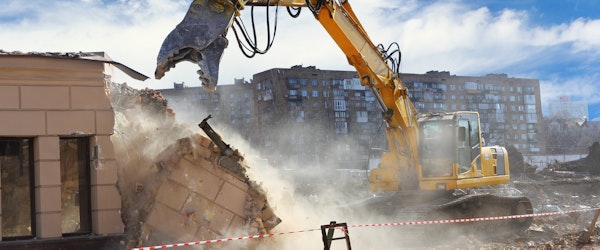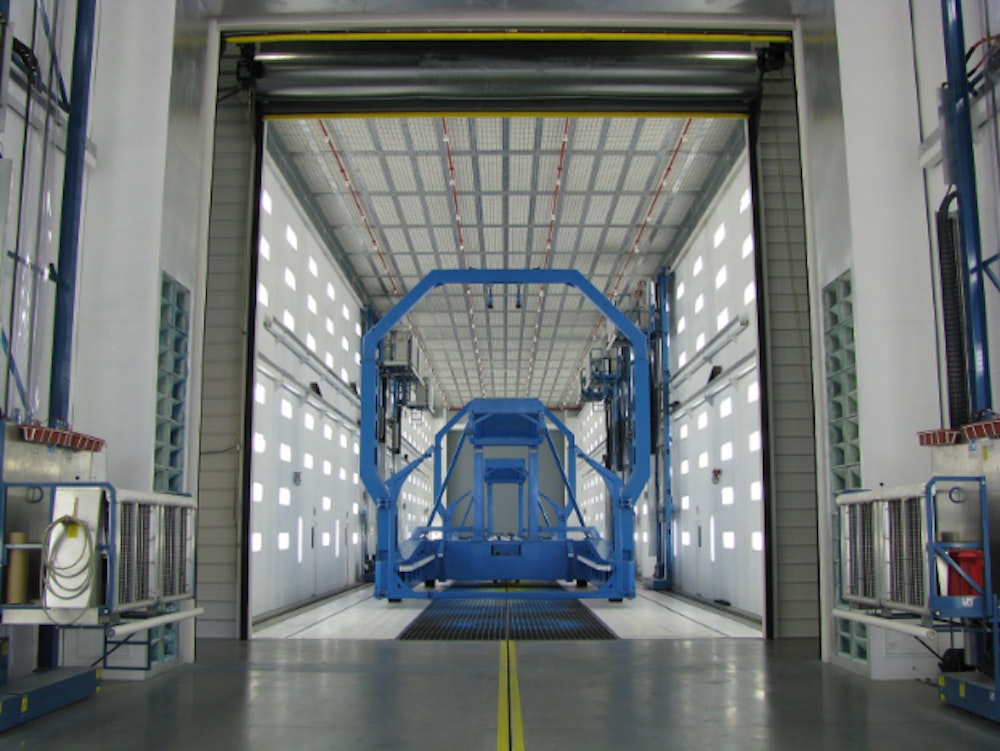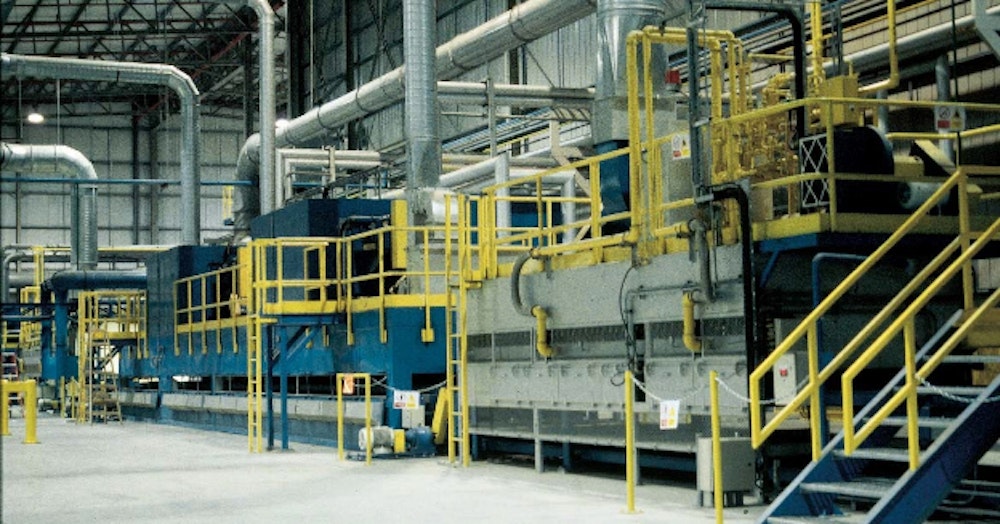
Industrial Equipment Failures and Construction Disputes
Thursday, August 5th, 2021 John Holecek Warren ForensicsAt Warren, we frequently investigate losses involving industrial machinery. Many of the losses involve workplace injuries, fires, or explosions; however, we also analyze industrial machinery and processes for other types of problems.
For example, we analyze failures of machinery or industrial processes to perform as expected or disputes that arise from the commercial supply and construction of such systems. This can encompass a range of issues from failure to achieve required levels of product quality or production quantity, to matters concerning unclear specifications or contracts, the timely adherence to construction schedules, or cost overruns in industrial machinery construction.
These latter aspects may have less to do with the functionality of the equipment and more to do with the standards of care of the involved parties. Many industrial machinery supply projects are complex, involving multiple engineering disciplines, construction management and an understanding of product manufacturing. This complexity creates the potential for problems, especially when multiple parties are involved.
Prior to entering the forensic engineering field, I experienced firsthand the business of supplying industrial machinery, including its potential problems. For almost 23 years I worked full time in the business of supplying custom designed industrial process equipment to many well-known customers in the aerospace, automotive and building products industries. With that experience, I learned how to design equipment to achieve the expected levels of production quality and quantity. I also learned how to successfully manage industrial construction projects working with owners, general contractors, and subcontractors. I have had the opportunity to put that experience to use in my forensic engineering career.

Figure 1: A large paint system I designed and manufactured for an aerospace manufacturer. The project also included installation of the equipment.
As one example, I was retained as an expert witness in a federal court lawsuit about the problems associated with a large system used to paint equipment. The system was built by a paint system manufacturer and sold to the owner through a middleman acting as a sort of general contractor. Like many projects, time was of the essence in getting the paint system operating for the owner’s new factory. As the project progressed, the paint system manufacturer had some delays and also the new building was not ready for occupancy at the agreed upon time.
Once the building was ready, the equipment installation started, but experienced delays due to the availability of materials from the paint system manufacturer. The delays in getting the paint system finished were so significant that the owner was required to outsource their painting operations for some time. Once the paint system was installed, numerous “punch list” problems were found that took so long to address that the owner refused to pay the final system payment and proceeded to fix the problems themselves. This withholding of payments precipitated the lawsuit. In the above case, I wrote a detailed federal report addressing all the above factors, among others, and the matter ultimately settled before trial.

Figure 2: A large system I designed and manufactured for coating building products. The system included large ovens and coolers and specialty conveyors.
As one can see, the scenario described above has many technical facets that must be sorted out in order to accurately understand the conduct of the involved parties. Important documents including design drawings and specifications, contracts, and schedules are part of the communications between the parties and interpreting them helps tell the story of how the project unraveled. The temporal effects of this unraveling can be visualized using critical path scheduling, which I employed extensively in my pre-forensic business career. Critical path scheduling assigns resources, durations and start or stop dates to the various tasks in a project along with the logical connections between the tasks. A Gantt chart shows the project schedule based on the inputs, including the “critical path” which is the path of tasks that will delay the project if any tasks are not completed as scheduled.
When persistent equipment problems are involved in these cases, as they often are, a technical forensic analysis of the true reasons for the problems is also required. Analysis of equipment break down may be needed when production machinery actually stops working. This typically involves analysis of both the mechanical aspects of the machinery and its control system. Sometimes the machinery has not broken down, rather it is not performing to specification. Sorting out these capacity issues may involve analysis of production records to include production volume and quality control issues such as the analysis of defects and their quantity and causes.
Another aspect of these cases concerns normal practices that prevail in the business of supplying industrial machinery. This can include interpretation of contract language or other technical documents. For example, in the above federal court case, I was asked to opine on the meaning of some contract terms as applied by industrial equipment suppliers.
As the above summary illustrates, the analysis of failures in the supply of industrial equipment can have many interesting and complex aspects. The various factors interrelate and are best analyzed by someone with experience in the field. If you have a case involving failures of industrial equipment or processes, or construction disputes involving the same, I would be happy to provide expert assistance in analyzing the matter.
John Holecek is a Senior Consulting Engineer with The Warren Group. John is a licensed professional engineer in 8 states and has more than 22 years of experience in the design of industrial, commercial and consumer products. He can be reached at 803-732-6600, or john@warrenforensics.com.
Recent Provider Listings
Serving Kansas, Missouri & Oklahoma Statewide
Kansas
Missouri
Oklahoma
Fire Investigations
